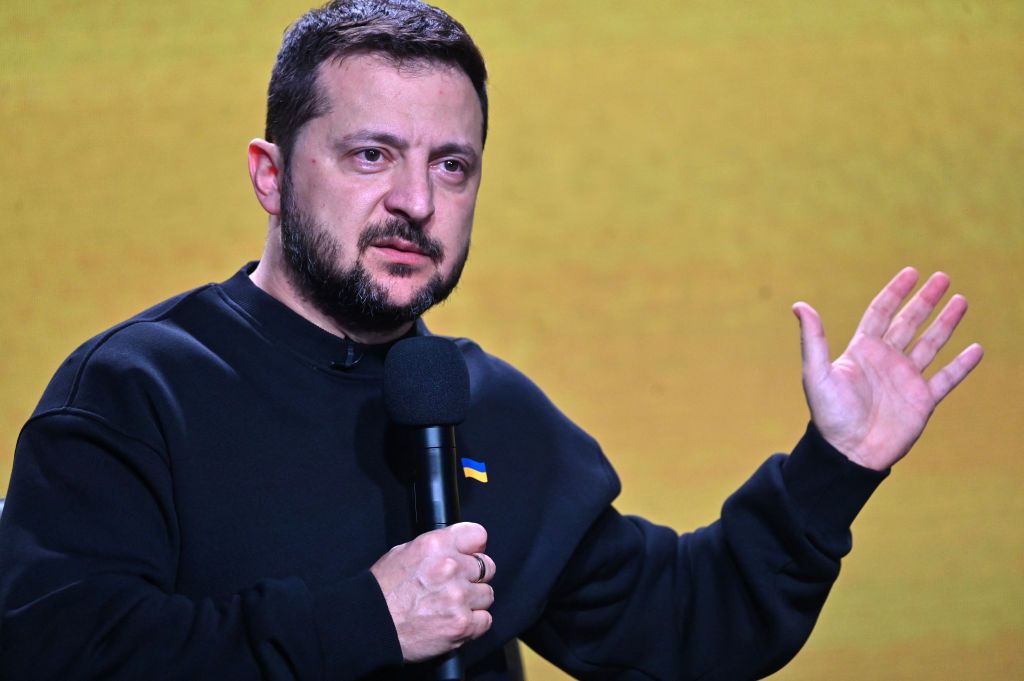The U.S. Treasury announced a series of restrictions against individuals and entities in Iran and other countries that provided parts for the production of Iranian military drones.
"The U.S. Department of Treasury's Foreign Assets Control (OFAC) is imposing sanctions on 10 entities and four individuals based in Iran, Malaysia, Hong Kong, and Indonesia supporting Iran’s unmanned aerial vehicle (UAV) production," the Department stated. "This network, led by Iran-based Hossein Hatefi Ardakani, has facilitated the procurement of U.S.- and foreign-origin components worth hundreds of thousands of dollars for the Islamic Revolutionary Guard Corps Aerospace Force Self Sufficiency Jihad Organization (IRGC ASF SSJO) and its UAV program."
Since the beginning of the full-scale invasion, Iranian-made Shahed drones have become a key weapon of Russia's aerial attacks on Ukrainian cities and civilian hubs. Reports of Russian attacks involving Shahed "kamikaze" drones occur on a near-daily basis across Ukraine.
According to the U.S. Treasury, Hossein Hatefi Ardakani (Ardakani) directly contracts with Iran's Aerospace industry using his Iranian firms and coordinates foreign defense procurements through front companies in Malaysia, Hong Kong, and other jurisdictions.
Earlier this month, Moscow and Tehran publicly agreed to jointly combat Western sanctions imposed against the two regimes over their role in the war against Ukraine. The two countries signed a declaration that reportedly described “ways and means of counteracting, mitigating and compensating the negative consequences" of the sanctions both sides call “illegal.”
Following Russia’s full-scale invasion of Ukraine, Moscow has been deepening military and economic ties with Tehran. The West continues to sanction both regimes to hinder Russia’s ability to wage its war against Ukraine with the help of Iran.












